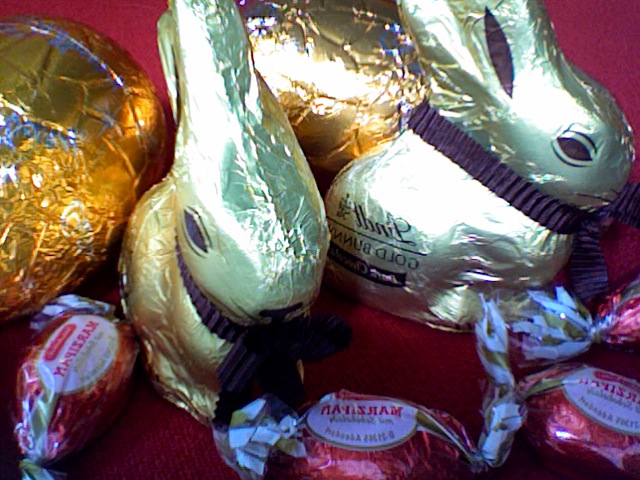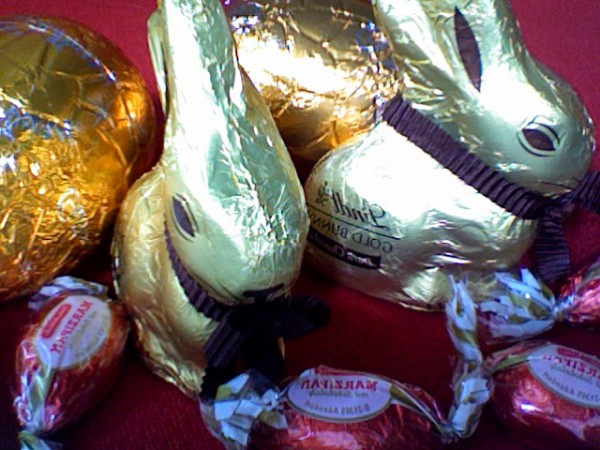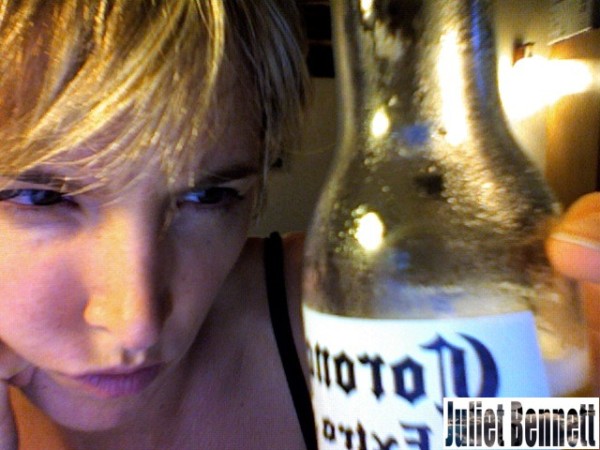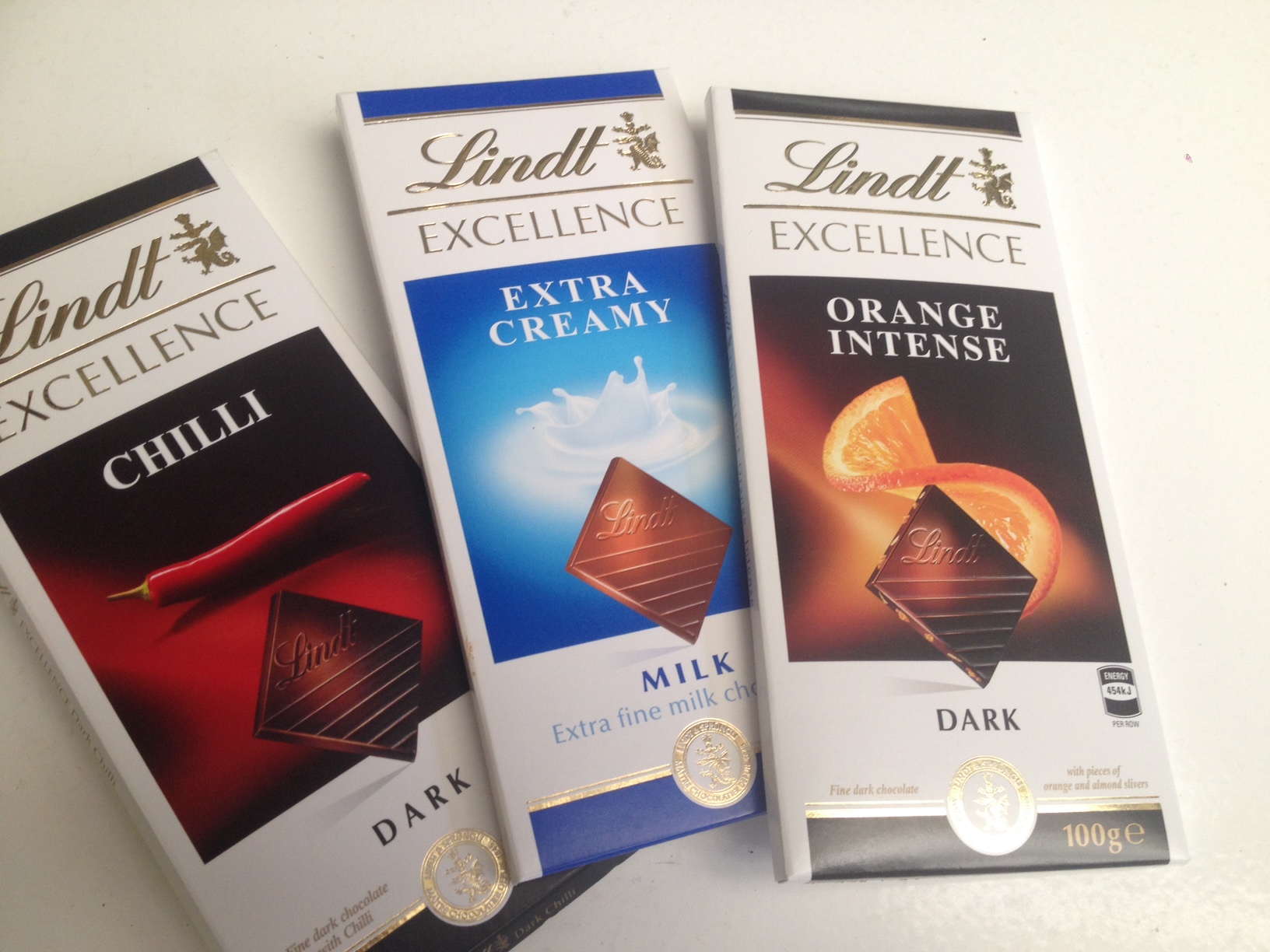This blog on the ethics of Lindt chocolate is a live entry on a live issue, due to the many hits and comments it has attracted. As far as I’m aware there is no short answer to the question “is Lindt chocolate slave chocolate?” While of course Lindt don’t condone child slavery or human trafficking, and they do have some measures in place that decrease the chances of slavery, myself and others hoping for a guarantee have been left hanging.
My dilemma is that I am addicted to chocolate, and I especially love Lindt chocolates, but I am also committed to the principles of universal human rights, ending slavery and trafficking in all its forms, and working toward a more peaceful and just global society. Of course, chocolate is not the only industry involving slave labour, and stopping slave labour is only the tip of the iceberg when it comes to addressing the vast injustice built into the world system. Still you have to start somewhere, right?
This blog started out with an email to Lindt in 2008, which never received a reply. It was prompted by a documentary I watched on slave labour in cocoa farms, and learning of estimates that over 100,000 children are working on cocoa farms with more than 10,000 trafficked in the Ivory Coast alone (which produces some 70% of the world’s cocoa). I boycotted my favourite chocolate for a full year.
When I emailed again in 2009, I received the following reply:
Dear Ms. Bennett
Thank you very much for your request concerning cocoa sourcing. It has been forwarded to us at the Lindt & Sprüngli Headquarters in Switzerland because the very important topic of sustainable cocoa sourcing is committing the whole Lindt & Sprüngli group and not only our 100% subsidiary in Australia.
In a general way, as far as our sourcing of raw materials for all our group companies is concerned, we kindly ask you to notice the following points:
Lindt & Sprüngli is one of the few chocolate makers that have complete control over every step of the production chain starting with the precise selection of the finest cocoa varieties from the best growing areas in the world right on through the careful and expert processing until ending with the elegant packaging. To safeguard the uniform and consistently high quality of all our chocolate products, all ingredients are thoroughly tested in our own laboratories before and after purchase, so that we can be sure that their quality constantly meets the highest standards.
While cocoa is currently traded at the commodity stock exchanges, superior grade cocoa beans (so called flavor beans or fine grade cocoa), as we utilize to a great extent for the manufacturing of our premium products, are purchased through traders at a substantial premium price over ordinary bulk cocoa. These finest grade cocoa beans (also called “Criollo” cocoa) can only be grown in specific geographical areas (Central and South America, Caribbean Area). While the fine grade cocoa production is a very small part of the world’s supply, it is exactly those (together with the Trinitario cocoa which is also considered as fine grade cocoa) for which Lindt & Sprüngli’s demand is very high. The remaining part of cocoa beans used by our company mainly for fillings, so called “Forastero” cocoa, are not sourced from Ivory Coast where most of the allegations about child labour originate, but from Ghana, where one of the top quality Forastero beans come from and where a premium price is paid for.
Lindt & Sprüngli is extremely concerned about possible practices of child labour and can assure you that we condemn any abusive practices. This is one of the reasons why we do not source cocoa beans from Ivory Coast. Prudent and conscientious relations with the environment and with the communities in which we live and work are important to us and enshrined in our Company Credo. In the procurement of our raw materials, great importance is therefore attached to compliance with the rules of sustainable conduct. This includes respect for social and societal aspects, such as working conditions and incomes of farmers in the growing countries, support and promotion of environmentally friendly production conditions, and payment of fair prices for raw materials which satisfy our stringent quality criteria.
In our opinion and to our regret, the existing fair trade organizations cannot continually supply us with the essential quality or quantities required. That is the reason why we refrain from the purchasing of cocoas from such organizations and look for other means of advocating responsible and sustainable dealings with our most important raw material, cocoa. As a matter of fact, there are many ways to strive for sustainable and responsible cocoa sourcing practices. This can also include individual projects and purchasing methods.
May we in particular bring the following to your attention:
The control of the overall production process from the selection of the best cocoa beans to the ready-packed product is one of the important aspects for the guarantee of the reliable premium quality of LINDT products. Another very valuable aspect is the traceability of the processed cocoa beans. For this purpose Lindt & Sprüngli subscribed to a new sourcing model in Ghana. This new procurement system contains binding guidelines between local cocoa suppliers and Lindt & Sprüngli. Within the framework of this project, Lindt & Sprüngli not only guarantees stable prices for the farmers involved, but also best quality and traceability of cocoa beans sourced in Ghana. Furthermore, Lindt & Sprüngli pays an extra-fee for those beans, which is partly allocated in favour of a foundation in charge of target-oriented social projects, the development of regional infrastructure and the continuous improvement of cocoa quality (www.sourcetrust.org). The projects supported by this foundation will be controlled by an independent, international audit committee. Lindt & Sprüngli is convinced that this purchasing strategy is a crucial prerequisite to better control the buying process of cocoa beans while at the same time countervailing local grievances in producing regions such as child labour. With this self-contained purchasing concept, which will be fully effective from 2009 onwards, Lindt & Sprüngli makes a solid contribution to the promotion of social compatible and to fair economic conditions for the cocoa farmers in Ghana. Based on the first positive results from the Ghana project, Lindt & Sprüngli is considering to extend this purchasing concept to fine-flavour cocoa beans in Latin America.
Moreover, through membership and active participation in local branch associations or international non-profit organizations such as the WORLD COCOA FOUNDATION www.worldcocoafoundation.org we support the underlying idea of sustainable cocoa growing and provide financial contributions to that end. WCF is a partnership between the cocoa-processing industry and government agencies, international associations, trade organizations, and non-Governmental Organizations. The aim of this cooperation is to safeguard stable and secure cocoa supplies. This is done by taking measures to increase revenues and re-duce harvest losses, while also securing income conditions that enable cocoa farmers in Africa, Latin America, and Asia to lead a viable and worthwhile life.
But Lindt & Sprüngli’s commitment in the areas of cocoa production and sustainability is also strengthened by our direct support of other specific projects that bring direct benefits to the countries of origin. With that aim in mind, we support, for example, the Sustainable Tree Crop Program (STCP) in West Africa as well as research projects to secure and develop cocoa cultivation and processing with a view toward the supply of high-quality raw materials.
With a share of around 70% of world cocoa production, West Africa is the key region in this regard. Yields on the cultivation and sale of cocoa are the key to the survival of a high proportion of the local farming population. The STCP was started as a pilot project primarily to improve the cocoa economy, which is based on small farming structures in the West African countries of the Ivory Coast, Ghana, Nigeria and Cameroon. The aim of STCP is to improve the economic and social welfare of small farmers and their communities, accompanied by safeguards for ecological sustainability in agriculture. The main points of action are: promotion of production and distribution of high-quality cocoa, improvement of market access and of the incomes of the small producers, development of environmentally-friendly, socially responsible and economically sustainable systems of cocoa cultivation. The projects concentrate mainly on integrated cultivation and harvest management, control of insect damages, cocoa quality improvement, the development of organizational skills and tools and the awareness of social aspects, such as child labor and diseases like AIDS. This information is passed on to the cocoa farmers primarily at the “Farmer Field Schools”, a participative training and educational scheme.
Support for scientific projects in the area of external applied botanical research is another element in the promotion of a sustainable cocoa economy: Today, the collection of genotypes of the Trinitario plant population, which became known as the “Imperial College Selections”, is among the world’s most important reference collections of genetic cocoa resources. A systematic evaluation of quality features and sensory properties is now being conducted as part of a project of the “Cocoa Research Unit” at the University of the West Indies in Trinidad with a view to future cultivation projects. Lindt & Sprüngli supports this project. The group also participates in further projects concerning applied cocoa research in South America.
It is our hope that the foregoing answers your questions and emphasizes our commitment to help establish sustainable, long-term solutions for cocoa farmers.
Yours sincerely
This email satisfied my ethical concerns at the time, and I returned to buying my average of two Lindt chocolate blocks a week guilt free…
In the years that followed this blog received many-a comments, as you can see below. Fellow concerned consumers and citizens make the important point that the above may just be PR spin. It took me a while but now, as 2015 comes to a close, I am revisiting the issue again.
In a series of comments and discussion on the Lindt Facebook page, the question “how does Lindt ensure no slave labour is on their farms?” is left unanswered: https://www.facebook.com/lindtchocolateworld/posts/174232092638370
After receiving the same spiel as I did above, one of the commenters in this forum said to “Lindt Chocolate World”: ‘You say “our local partner can intervene if there is suspicion of abusive child labour in one of the farming communities” – but “can” is not “will” – there is a big difference; does the mightly Lindt put pressure on the local business people to ENSURE this intervention?’
This was asked in July 2011. The discussion continues to this day, but ‘Lindt Chocolate World” have not answered the question.
The Food Empowerment Project, have Lindt on their ethical chocolate list under “Cannot recommend but at least responded”: http://www.foodispower.org/chocolate-list/ which isn’t good news for my Lindt habit…
So I have decided to email Lindt again, as a follow up to the above, to find out what measures they are taking to ensure that when chocolate-lovers buy their product they are not supporting any kind of human slavery. My email:
23 December 2015
Dear Lindt,
I have been a Lindt chocolate addict for many years, consuming a consistent average of two or three blocks a week. I am also committed to universal human rights, the cessation of slavery in all its forms, and working to build a more socially just world.
I emailed you back in 2008 and 2009 to learn about your ethical policy, and make sure by puchasing Lindt I was no supporting any form of slave labour. You will see from my blog entry: https://julietbennett.com/2009/09/11/chocolate1/#.Vnn_jqI7TwN that I have been sharing the positive information that you provided on your ethical policy, and that a number of people have commented with their concerns that this is PR spin.
I am hoping that now, some six years on, you can provide additional information to concerned Lindt-lovers like myself, on how you monitor, prevent and address slave labour from being used on your Lindt-owned cocoa farms in Ghana? There is a comment on your Facebook pate that has attracted much attention, which leaves this question unanswered: https://www.facebook.com/lindtchocolateworld/posts/174232092638370
The question, as one of the other concerned chocolate-lover citizens asks is: “Ultimately: can you categorically guarantee that the money we spend on your chocolate doesn’t profit people who are using child slavery?” Do you, as this questioner points out, delegate responsibility for preventing slavery to local NGOs, or do you have standards in place to monitor this yourself?
As you can see there are many people who will be happy to buy your products if you can provide a direct answer to this question, and put such mechanisms to guarantee child slavery (and human slavery in general) is not supported when we purchase your products.
I look forward to your reply.
Best regards,
Juliet
I will post their reply as soon as I get it. Hopefully they do reply. Stay tuned…





 So I borrowed my mum’s scales to check the Christmas damage. 64 kilos. What the f??? I don’t step on scales so often, judging by measurement more than kilos. But, well, “in the day” I weighed 55kgs. And on average I think I’m around 58-60kgs. I’ve seen myself at 62kgs, and I know I’ve complained about feeling fat on this website before. But 64???
So I borrowed my mum’s scales to check the Christmas damage. 64 kilos. What the f??? I don’t step on scales so often, judging by measurement more than kilos. But, well, “in the day” I weighed 55kgs. And on average I think I’m around 58-60kgs. I’ve seen myself at 62kgs, and I know I’ve complained about feeling fat on this website before. But 64??? Ok I know that’s a shocking photo (it’s from a family celebration for my sister’s engagement last night which makes it even worse)… but I think it’s worth a laugh. And I tell you what, the chocolate semi fredo I’m licking is the very best dessert in the world… and today I could tell…
Ok I know that’s a shocking photo (it’s from a family celebration for my sister’s engagement last night which makes it even worse)… but I think it’s worth a laugh. And I tell you what, the chocolate semi fredo I’m licking is the very best dessert in the world… and today I could tell…